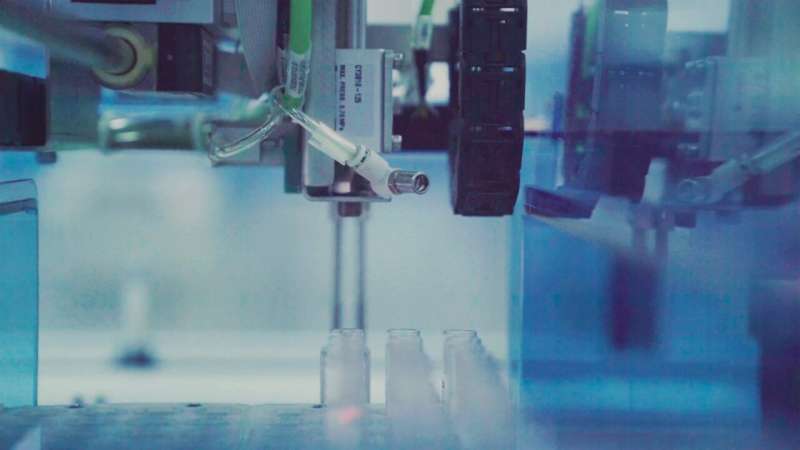A group of researchers has designed an antibody with very special characteristics. It acts like a smart bomb that recognizes specific proteins on the surface of senescent cells and removes them without affecting the rest, minimizing potential side effects.
In summary? An antibody against cellular aging.
The results of this extraordinary work, published in Scientific Reports, pave the way for the development of effective treatments to delay the progress of age-related diseases and also the long-term cellular aging process itself. The goal is to increase longevity and, above all, the quality of life of people at this stage of their lives.
We have, for the first time, an antibody base that can be used to help slow cellular aging and senescence in humans
Salvador Macip, study leader and researcher at the University of Leicester
“We based this work on existing cancer therapies,” explains Macip. “Therapies that target specific proteins present on the surface of tumor cells. We also applied the same strategy to senescent cells."
Cellular aging
All living organisms have a mechanism known as “cellular aging (or senescence)” that stops the division of damaged cells and removes them to prevent them from reproducing. This mechanism helps slow the progression of cancer, for example, as well as helping the tissue in the developing embryo. However, despite being a beneficial biological mechanism, in old age it contributes to the development of diseases. This appears to be because the immune system is no longer able to efficiently remove these senescent cells. This is how with cellular aging these cells gradually accumulate in the tissues and negatively affect their functioning.
Previous laboratory experiments with animal models showed that eliminating these senescent cells successfully delayed the progression of the disease and age-associated decline. From these arose a class of drugs known as senolytics, which have attracted the attention of laboratories around the world. Their mass diffusion, however, is hampered by their lack of specificity and side effects.

A “missile” against old age
The drug designed by Macip and his team is a second-generation sanolytic. Unlike current ones, it has high specificity and the possibility of controlling its administration. The Leicester researchers built on the results of a previous study that looked at the “surfaceome,” the proteins on the surface of the cell, to identify those present only in senescent cells.
They then used a monoclonal antibody trained to recognize senescent cells and attach to them. “Just as our antibodies recognize germs and protect us from them, we designed these antibodies to recognize old cells. And to destroy them we equipped these antibodies with a toxic load, as if they were guided missiles,” says Macip.
The “silver bullet” against cellular aging could be “fired” when the first symptoms of disease appear, such as Alzheimer's, type 2 diabetes, Parkinson's, arthritis, cataracts or some tumors. In the long term, researchers believe it could be used as part of a protocol that improves aging and extends healthy lifespan.

